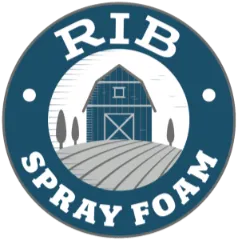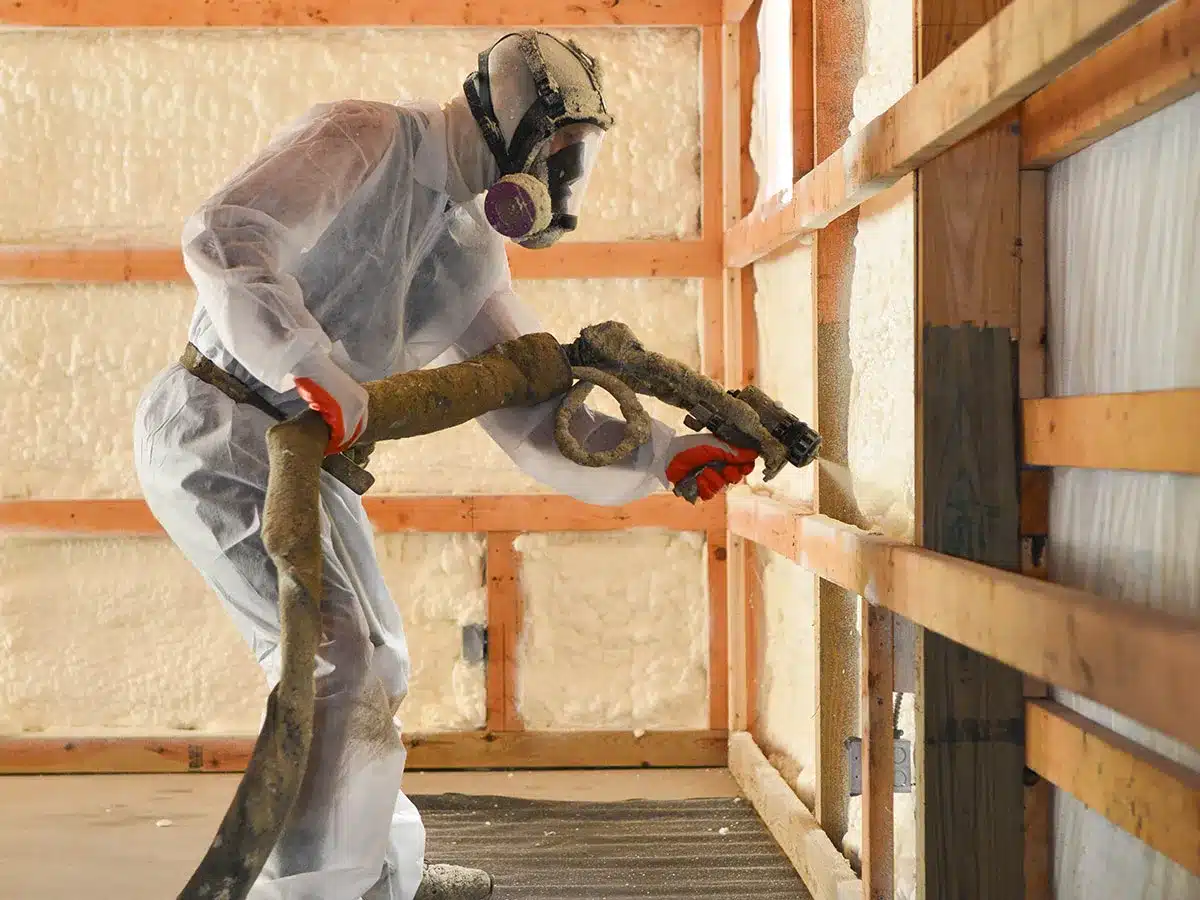Choosing the right insulation is essential for maintaining energy efficiency, reducing heat loss, and maximizing space. For applications where space is limited, finding the thinnest insulation with the highest R-value is crucial. The R-value measures thermal resistance, with higher values indicating better insulation performance. This article explores the most effective ultra-thin insulation options, their benefits, and how they compare to traditional materials.
Understanding R-Value and Insulation Efficiency
The R-value is a key factor in determining an insulation material’s effectiveness. It represents resistance to heat flow, with a higher R-value signifying better thermal performance. Several factors influence R-value, including material composition, thickness, and installation quality.
For those working with tight spaces, selecting insulation with the best R-value per inch ensures efficiency without requiring excessive thickness. This is particularly useful in renovations, mobile homes, and industrial applications where space constraints are common.
Types of High-Performance Thin Insulation
Aerogel Insulation: The Leading Ultra-Thin Option
Aerogel is one of the most effective thin insulation materials, offering an R-value of up to 10 per inch. Composed of silica-based structures, aerogel contains up to 99% air, making it extremely lightweight while maintaining superior thermal resistance.
Benefits of Aerogel Insulation:
- Exceptional R-value per inch compared to traditional materials.
- Moisture-resistant, reducing mold and mildew concerns.
- Durable and lightweight, making it ideal for various applications, including homes, commercial buildings, and industrial settings.
- Space-saving, particularly useful in areas where traditional insulation would be too bulky.
Vacuum Insulation Panels (VIPs): High R-Value in Minimal Thickness
Vacuum Insulation Panels (VIPs) are another highly efficient option, with R-values ranging from 25 to 30 per inch. These panels contain a rigid core encased in a vacuum-sealed envelope, minimizing heat transfer.
Advantages of VIPs:
- Ultra-thin profile with superior insulation properties.
- Ideal for limited-space applications such as refrigeration, transport, and retrofits.
- Long lifespan, maintaining effectiveness over time.
The main limitation of VIPs is that they lose effectiveness if punctured, requiring careful handling during installation.
Reflective Insulation and Radiant Barriers
Reflective insulation uses aluminum foil layers to reduce radiant heat transfer. While its R-value depends on the installation and environment, it can significantly improve thermal performance when combined with other materials.
Key Features of Reflective Insulation:
- Best suited for warm climates, reflecting heat away from buildings.
- Common in attics and metal structures where radiant heat is a concern.
- Lightweight and easy to install.
Spray Foam Insulation: Thin and Effective
Spray foam insulation offers high R-values while adapting to various spaces. Closed-cell spray foam provides an R-value of approximately 6.5 per inch, making it one of the best options for compact applications.
Why Choose Spray Foam?
- Expands to fill gaps, creating an airtight seal.
- Excellent moisture resistance, preventing mold growth.
- Versatile application, suitable for walls, attics, and crawl spaces.
For those needing an insulation solution that conforms to unique spaces, spray foam is a practical choice.
Selecting the Best Insulation for Your Needs
When deciding on insulation, consider factors such as available space, climate conditions, and budget. Below is a comparison of the most effective thin insulation materials:
| Insulation Type | R-Value per Inch | Best For |
|---|---|---|
| Aerogel | 10 | Homes, industrial applications, pipes |
| Vacuum Insulation Panels (VIPs) | 25-30 | Refrigeration, limited-space applications |
| Reflective Insulation | Varies | Hot climates, attics, metal buildings |
| Closed-Cell Spray Foam | 6.5 | Walls, attics, crawl spaces |
Each material has its strengths, so choosing the right one depends on specific project needs.
Insulation Solutions from Rib Spray Foam Company
For homeowners and businesses looking to improve energy efficiency with high-performance insulation, Rib Spray Foam Company offers expert installation of spray foam insulation. With its high R-value and adaptable application, spray foam is an excellent choice for optimizing thermal performance without adding unnecessary bulk.
For consultation and pricing, contact Rib Spray Foam Company at (970) 518-2883 or email [email protected].
Conclusion
Finding the thinnest insulation with the highest R-value depends on factors such as space, budget, and application. Materials like aerogel, vacuum insulation panels, and spray foam offer exceptional performance in compact areas. For those seeking professional insulation solutions, Rib Spray Foam Company provides expert services tailored to your needs. Contact us today to enhance your energy efficiency and comfort.
FAQs
1. What is the highest R-value insulation available?
Vacuum Insulation Panels (VIPs) offer the highest R-value, reaching 25 to 30 per inch, though they require careful installation to maintain effectiveness.
2. What is the best insulation for small spaces?
Aerogel and spray foam are excellent choices for tight spaces, offering high R-values while maintaining a minimal profile.
3. How does spray foam compare to aerogel in terms of insulation?
Spray foam has a lower R-value per inch (around 6.5) but is more cost-effective and easier to apply than aerogel, which offers an R-value of up to 10 per inch.
4. Can reflective insulation replace traditional insulation?
Reflective insulation works best as a supplement rather than a standalone solution. It is most effective in hot climates where radiant heat is a primary concern.
5. What is the most durable insulation for long-term performance?
Closed-cell spray foam and aerogel are highly durable, resisting moisture and maintaining their effectiveness over time.
6. Is aerogel insulation expensive?
Yes, aerogel is more costly than traditional insulation, but its high performance and longevity can justify the investment for specialized applications.
7. Does thinner insulation mean lower performance?
Not necessarily. Advanced materials like aerogel and VIPs provide high R-values with minimal thickness, making them more efficient than traditional thick insulation.
8. Can I install high-R-value insulation myself?
Some options, like spray foam and reflective insulation, can be DIY-friendly, but others, such as VIPs and aerogel, require professional installation.
9. Is spray foam insulation safe?
Yes, once cured, spray foam insulation is safe and provides an effective air seal, improving indoor air quality and reducing energy costs.
10. Where can I get professional insulation installation?
Rib Spray Foam Company specializes in high-efficiency spray foam insulation. Contact (970) 518-2883 or email [email protected] for expert assistance.



